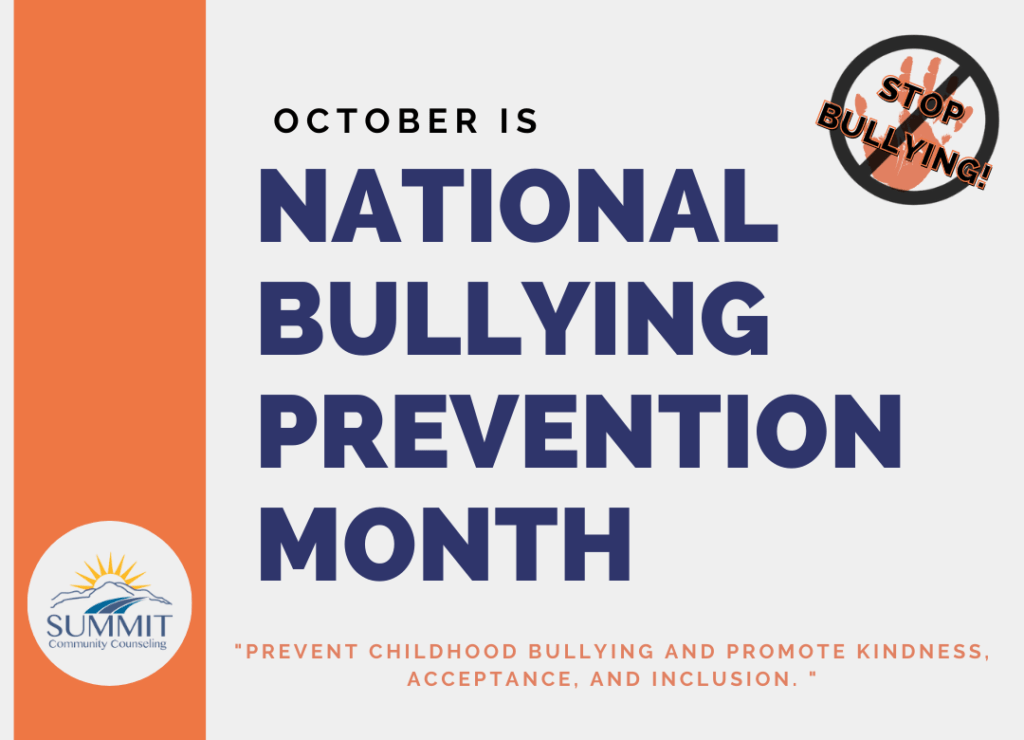Bullying is a significant concern throughout society, and it can have a major impact on the development of children. It is important to focus on bullying prevention, particularly during National Bullying Prevention Month.
Unfortunately, approximately 20 percent of students between the ages of 12 and 18 reported experiencing bullying at some point in 2017. Furthermore, bullying in the digital world, either by text message or online, has become more common as well. A few examples include:
- Using an anonymous phone number to send hateful text messages
- Posting negative or humiliating pictures online
- Commenting mean or hurtful things on social media posts
- Posting confidential or personal information on the internet
Therefore, during bullying prevention month, it is important to focus on ways bullying can be prevented. Educators and teachers need to do everything they can to create a supportive, safe experience in the classroom. Students should be rewarded for positive behavior, and a culture of inclusivity should be creative. In addition, teachers need to monitor bullying hot spots, which are places on campus where bullying might be more common.
It is just as important for parents to talk about bullying at home. A lot of kids have trouble opening up to their parents, particularly about their feelings. Therefore, parents need to do everything they can to let their children know it is safe to talk about their feelings at home. It might be helpful to ask open-ended questions, and it may be beneficial to talk to children about what good behavior looks like. When parents model good behavior to their children, their children are more likely to follow. This is a great way to reduce the frequency of bullying at school.
Finally, anyone who is experiencing bullying should know that help is available. Blocking, taking screenshots, and reaching out to a trusted adult are all helpful measures.


